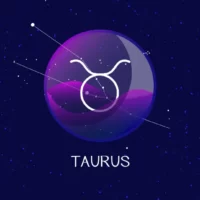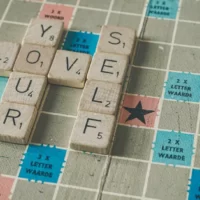We’re here to discuss the reasons why an addict who uses drugs or alcohol might not be able to love you fully. To learn more, continue reading.
Finding the right person to fall in love with is challenging. But what if you discover that Mr. or Ms. Right, only to discover that their possessions contain drug paraphernalia? Will you still be in love with that person?
Although it will be challenging, the relationship can survive if you alter your perspectives on addiction and how you interact with your loved one. It’s important to consider each person’s best interests when deciding whether to end a relationship, as it is with all relationships.
Please read on for more information.
Are You in a Relationship With a Drug Addict?
Depending on their drug of choice, drug addicts can either conceal their addiction very well or very poorly. It is important to look into whether your partner is using drugs if you have any doubts. If substance abuse is identified early enough, you can stop the relationship-destroying effects.
Typical addict behavior in relationships includes:
- Money spent that can not be accounted for
- Going out alone for extended periods of time, frequently “meeting a friend” or doing a quick errand
- Coming home acting differently
- Often times not feeling well in the morning, having symptoms of withdrawal – nausea, vomiting, fatigue, sniffles
- Change in sleep patterns – staying up all night could be a sign of stimulant use
- Change in eating habits – a person on stimulants may not eat for days
- Getting sick every time you are on vacation or away from home for a few days

Your partner may be using drugs, according to all the signs. Nevertheless, it is crucial for your relationship that you avoid presumptions. You need to approach the subject with kindness and compassion. If they feel attacked, a drug-using partner might become combative.
Additionally, if your partner does not use drugs, they might take offense. An addiction counselor can point you in the right direction if you’re unsure of how to bring up substance abuse with your partner.
How Do Addiction-Related Behaviors Affect a Relationship?
Addiction-related behaviors can have a profound impact on a relationship. Depending on the individual and their relationship, the behaviors may be either negative or positive.
For instance, lying about the amount of alcohol consumed at a party or concealing the fact that you’re out late drinking with friends are examples of addiction-related negative behavior. Since your partner would feel betrayed, hurt, and perplexed by your actions, this would probably harm your relationship.
On the other hand, if the addiction-related behavior is positive, it might be as straightforward as making sure you arrive home early every day so you can spend time with your significant other.
By prioritizing your partner’s needs over all others, including your own, you are demonstrating to them how much you care about them and how it will benefit your relationship.
Love and Drug Addiction
As both are characterized by intense urges that alter thinking and behavioral patterns, romantic love and drug addiction have many things in common. Love and addiction both have a tendency to seem illogical, but for those who are experiencing a new love or addiction, these things make perfect sense.
The normal release of chemicals in the brain is interfered with by both love and substance abuse. The feelings of pleasure, closeness, understanding, and empathy people experience with both love and drugs are brought on by neurotransmitters, the chemical messengers in the brain.
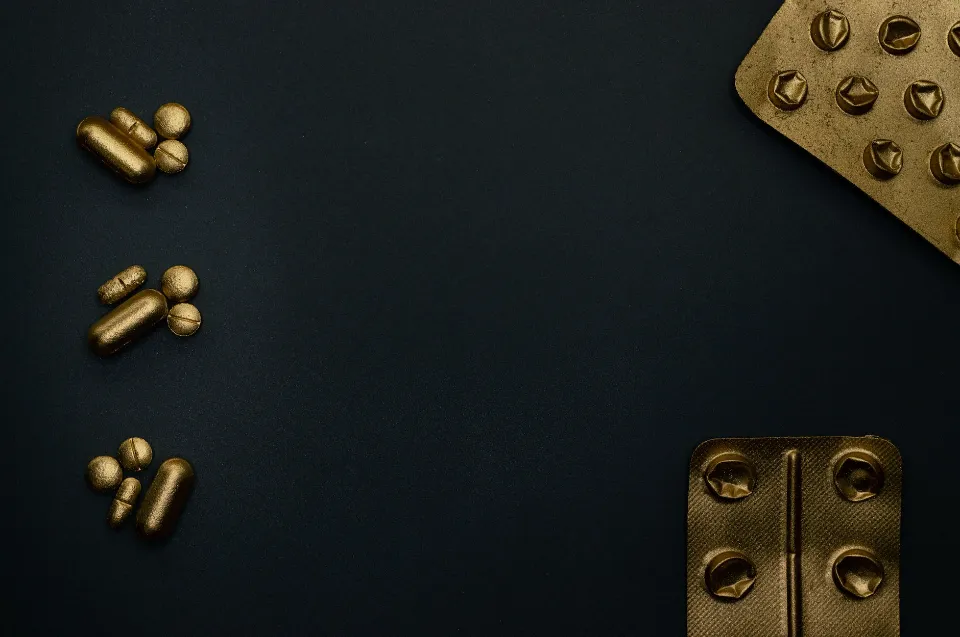
Dopamine is a chemical that the brain releases when someone is in love or using drugs. More dopamine leads to a more satisfying experience. This rewarding neurotransmitter helps control movement, emotions, motivation, and pleasure.
Love, especially romantic love, provides an additional chemical layer of support. People experience a psychological connection and emotional warmth with the other person thanks to the release of the neurotransmitter oxytocin.
Early on in a romantic relationship, dopamine and oxytocin levels are at their highest before slowly declining over time. Contrarily, a person who abuses drugs or alcohol can regulate their dopamine levels by increasing their drug’s dosage or frequency in order to keep the desired effect.
Why Do Addicts Choose Drugs over Love?
People will pick ice cream and pizza when given the choice between broccoli and ice cream and carrots and pizza. These foods cause a greater chemical release in the brain as a result of their chemical composition.
Although a person is aware on a rational level that they should select healthier options, it can be difficult to resist cravings. Temptation and the promise of pleasurable brain chemicals frequently lead people to make poor decisions.
When it seems like an addict is choosing drugs over love, a very similar process is actually at work. Of course, being in love feels good because it is consoling and uplifted, but a drug’s unnatural capacity to release dopamine tricks the brain into thinking it feels amazing.
A person may lose sight of what they stand to lose by abusing drugs when faced with a decision. They are only able to concentrate on the quick high provided by drugs. Similar to how eating ice cream and pizza can make someone gain weight, eating those things can make someone only think about the immediate satisfaction that food provides.
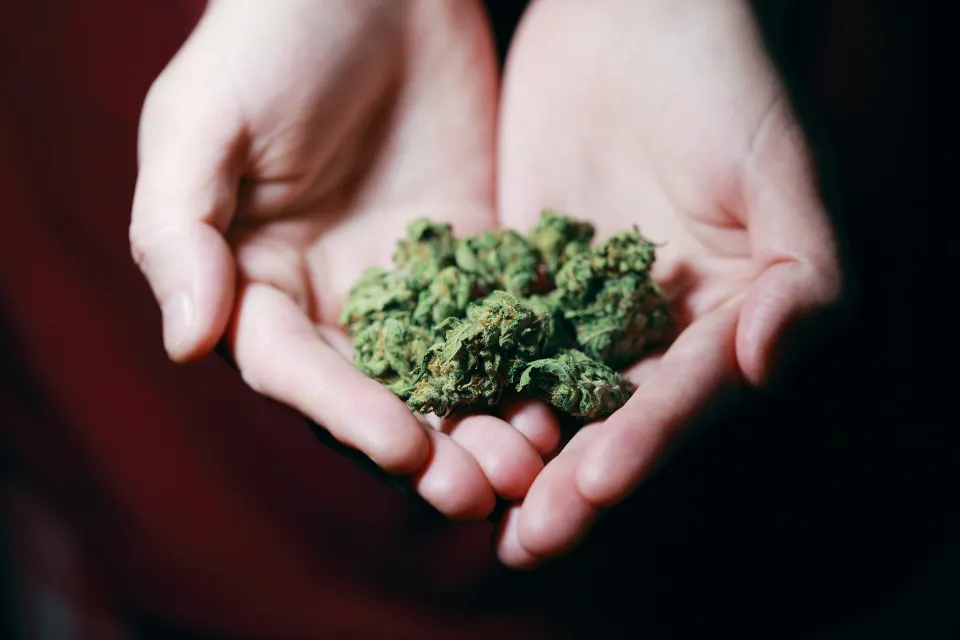
What Does a Relationship With a Drug Addict Or Alcoholic Look Like?
It can be difficult to navigate a relationship with a drug or alcohol addict.
There are many people who have been in your situation and have discovered ways to assist your loved ones in getting clean and maintaining a sober living, despite the fact that people in relationships with these types of people frequently believe they are the only ones going through this.
Things could get worse if you don’t take action and neglect your recovery. Here are some things that may happen in your relationship:
- Your loved one may make promises to change but fail to follow through on them. You might stop believing in them as a result of this, which is very frustrating.
- They may become angry when you try to talk about their addiction with them. It’s crucial that they understand that this is normal and that having these conversations is perfectly acceptable.
- Your loved one might try to hide their drinking or drug use from you by using different places around the house (like upstairs) or hiding things well enough that it takes a while before you realize there’s an issue. This is why it’s beneficial for everyone involved if there is a second person who is aware of the addiction and who can assist in keeping an eye on things when necessary (such as family members).
People who misuse drugs often feel bad about how they are feeling because of what they do. For this reason, it’s important to seek immediate professional assistance if a loved one is abusing drugs or alcohol or is addicted to them as a way to cope with their emotions or escape.
How Do I Know If My Loved One is Addicted to Drugs?
It’s not always easy to recognize a loved one’s drug or alcohol addiction. Addictions can grow slowly, and those who are succumbing to them may acquire an uncanny capacity for deception.
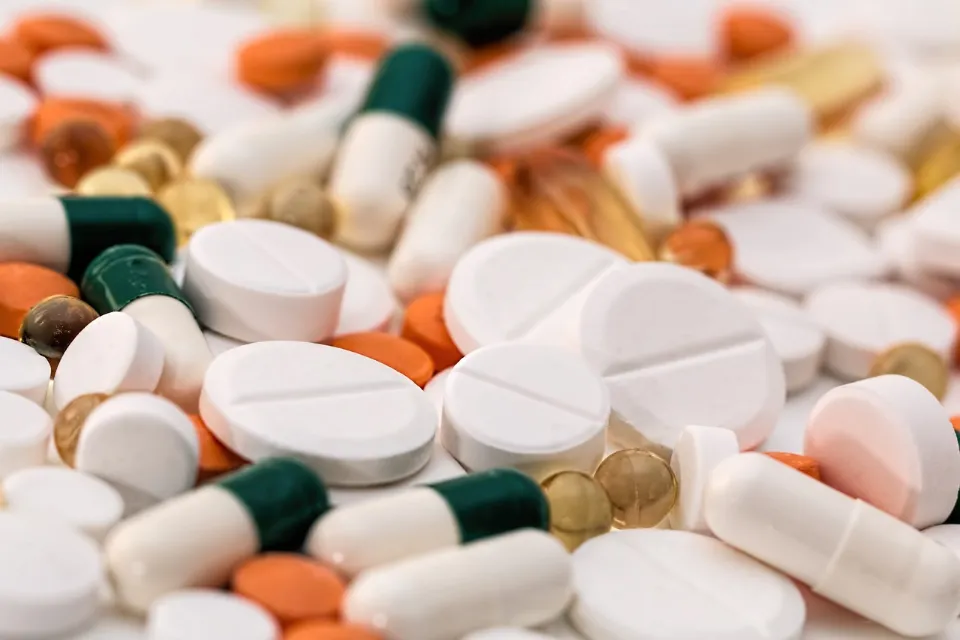
To find out whether your loved one is addicted, look for signs and symptoms of addiction like:
- Drug use that is becoming more frequent, more intense, or longer-lasting in duration
- The person spending more time getting, using, and recovering from use
- More frequent arguments, either in general or specifically about drugs
- A significant change in friendships, sleep habits, or energy levels
- Being more suspicious or secretive
- Frequent mood changes
- Decreased ability to perform well at home, work, or school
- Having new money or legal issues
Addicts frequently dismiss or deny questions about their use of drugs and alcohol, so they are unlikely to readily provide the information. To confirm your concerns, think about reaching out to other significant individuals in their life to see if they are observing the same problems.
When to Find Help for Addiction?
It’s simpler than you might imagine finding treatment for your loved one’s addiction. You can access treatment by:
- Speaking to their insurance company
- Phoning the nearest mental health or addiction agency for information
- Requesting treatment options from their primary care physician
- Calling a national treatment hotline, such as the one provided by the Substance Abuse and Mental Health Services Administration (SAMHSA) at 1-844-471-0288
Conclusion
Despite your best efforts, being in a relationship with a drug addict has the potential to ruin both the union and your own life. You can never want something for someone more than they want it for themselves, no matter how much you love them.
Drug addiction and codependency are closely related and can be harmful to relationships. Every person who is struggling with drug abuse will be given a second chance in life by using a comprehensive strategy for keeping sober.




